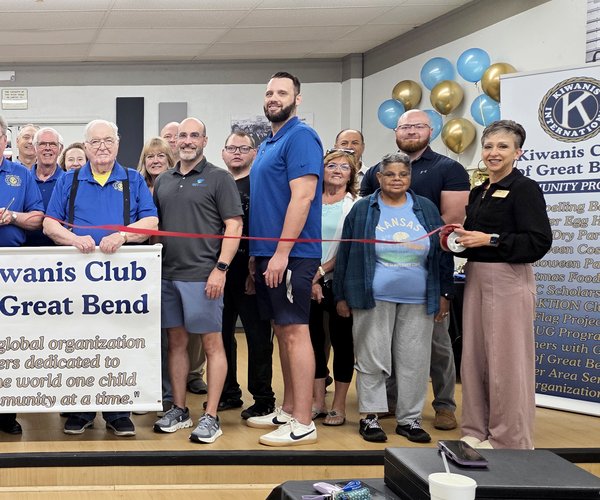As work-life balance becomes a central concern for employees across industries, family-friendly workplace policies are gaining ground. More employers are recognizing that supporting workers in their roles as parents and caregivers leads to higher productivity, lower turnover, and stronger workplace morale.
In recent years, the demand for family-friendly benefits has surged, driven largely by the changing demographics of the workforce. The rise of dual-income households increased remote work, and shifting expectations among younger employees have all contributed to a growing call for more flexible and accommodating work environments.
Family-friendly workplaces typically offer a range of supportive policies, including flexible scheduling, breastfeeding support, paid parental leave, childcare assistance, bring infants to work program and hybrid or remote work options. Some companies have gone further, adding on-site childcare centers, eldercare support, and expanded mental health services tailored to family needs.
These changes are not limited to large corporations. Small and mid-sized businesses, as well as public sector organizations, are changing their policies. Many are finding that even incremental improvements—such as allowing for staggered shifts, job-sharing arrangements, or part-time options—can make a meaningful difference for employees managing family responsibilities.
One of the most common and impactful changes has been the normalization of flexible work hours. By allowing employees to adjust their schedules to fit caregiving duties, employers are reducing burnout and absenteeism while improving engagement. Remote and hybrid work arrangements have also become standard in many industries, enabling parents to better manage daily routines without compromising their professional responsibilities.
Paid parental leave is another area of focus. More companies are now offering extended leave periods for both mothers and fathers, moving beyond the minimum requirements set by law.
In addition to supporting employees during major life events like childbirth or adoption, many employers are also addressing everyday challenges families face. Subsidized childcare, backup care options, and dependent care flexible spending accounts are helping working parents manage rising care costs.
The shift toward family-friendly workplaces has demonstrated clear business benefits. Companies that offer robust support for families often see improved employee retention and increased loyalty. Workers who feel their needs are recognized and accommodated tend to be more engaged and committed to their roles, contributing to overall organizational performance.
Despite the progress, some challenges remain. Implementing family-focused policies can be difficult in industries that rely on fixed shifts or in-person operations. Budget constraints also limit what some small businesses can offer. However, many organizations are finding that creative solutions and a culture of flexibility can still deliver meaningful support without requiring large investments.
As expectations around work continue to evolve, family-friendly policies are becoming not just a competitive advantage, but a workplace standard. Employers who adapt to these changes are positioning themselves to attract and retain a more diverse, satisfied, and resilient workforce.
Click the links for more information about Family Friendly Workplaces, https://allinforkansaskids.org/communities/family-friendly-workplaces/, or at All in For Kansas Kids or Kansas Children’s Service League, https://www.kcsl.org/resources/family-friendly-workplaces/.
Monique Koerner is the Family and Community Wellness Agent with K-State Research and Extension – Cottonwood District. You may reach her at: 785-628-9430 or moniquek@ksu.edu.





